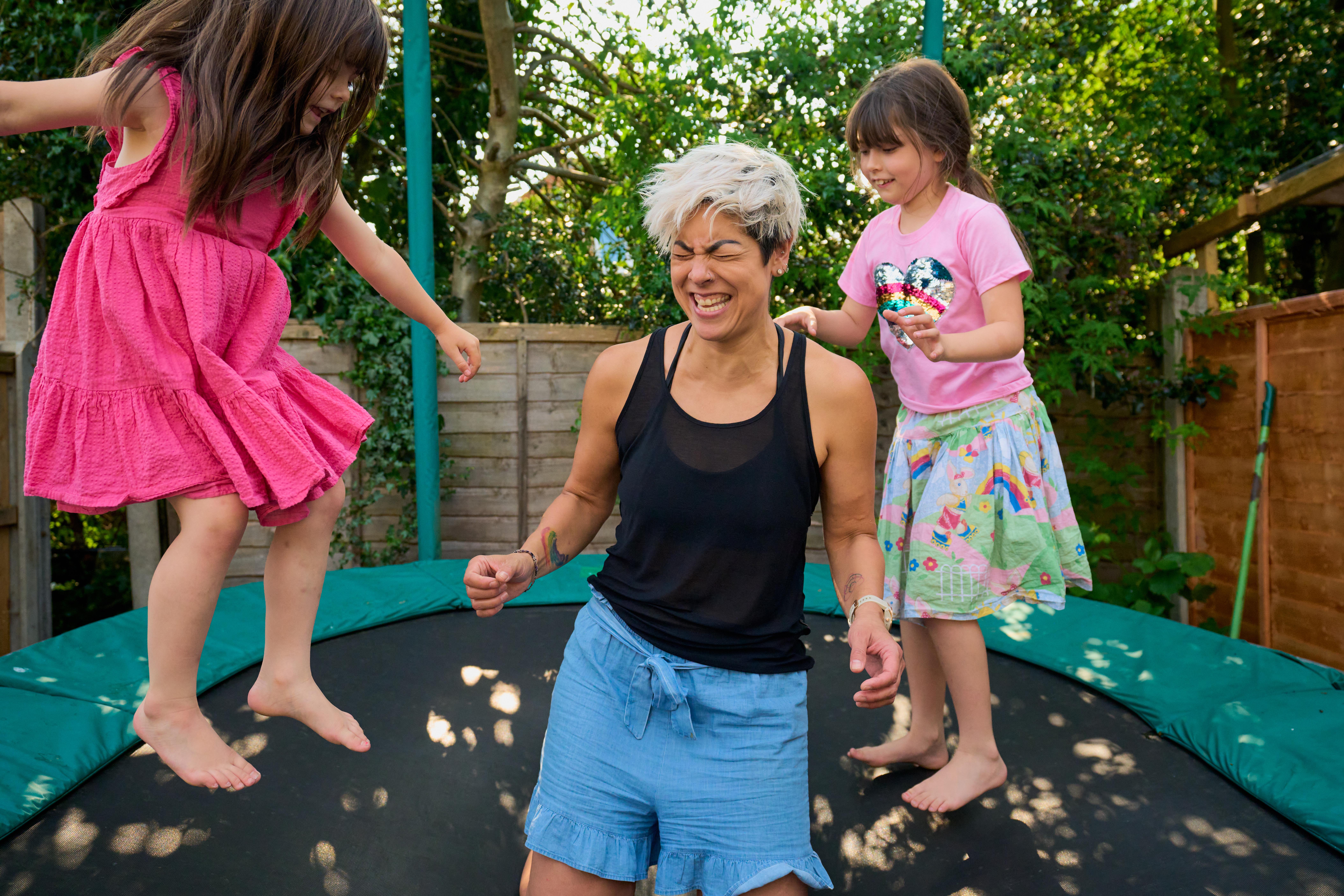
Progress in cancer research and treatment has saved the lives of more than 115,000 Londoners since the mid-1980s, according to new figures.
Cancer Research UK said that advances in cancer prevention, diagnosis and treatment had helped to drastically reduce mortality rates from the disease.
This includes improvements in radiotherapy, the use of cancer screening programmes, preventative care, drug developments and gene discoveries.
More than a million British lives in total have been saved over the last four decades, according to the charity’s estimates.
But Cancer Research UK said that despite the huge achievement, cancer deaths are still the number one cause of death in the UK.
And advances have not been equal across all cancers, it added.
Overall the charity has estimated that since the mid 1980s:
- Around 53,100⯠lung cancer deaths have been prevented in London, largely due to reductions in smoking
- Some 21,900⯠stomach cancer deaths have been averted, which has been attributed to the fact that H Pylori, a type of infection linked to an increased risk of stomach cancer, is no longer common
- Around 20,900 bowel cancer deaths have been prevented. Cancer Research UK said that this can partly be attributed to reserach which found that giving patients chemotherapy before surgery helped to shrink tumours, making them easier to remove.
- Some 17,300 breast cancer death have been avoided, largely linked to the introduction of the breast cancer screening programme and drug developments.
Mei-Ling, from south-west London, is a senior partner at a GP surgery in Surrey Heath. She was diagnosed with triple-negative breast cancer in July 2021 after feeling a lump in her breast in the shower,
She told the Standard: “I went into doctor mode when I was diagnosed and just asked all the right questions. It felt like an out of body experience, as if I was witnessing someone having that conversation. My first thought, as a single parent with two young girls, was ‘am I going to die’?”

Mei-Ling went on to have chemotherapy at the Royal Marsden, followed by surgery at Charing Cross hospital. She is now at theâ¯heart of a new national advertising and fundraising drive from Cancer Research UK.â¯â¯â¯
“After chemo my brain hurt and everything just felt so much harder,” she said. “Going back to work was tough, I was exhausted.”
Thirteen weeks after her surgery, Mei-Ling completed Ride London 100 and five months later ran the London marathon, raising more than £25,000 in total.
Reflecting on her experience, she said: “The number of lives that have been saved in the London shows the immense power of research and I know this better than most. Research into better treatments has given me the greatest gift - more time with my girls and other opportunities.”
She added: “Sadly, not everyone diagnosed with cancer will reach key milestones – and that’s why the charity’s work is so vital. I wouldn’t be here without the scientists who strive to find new ways to outsmart cancer and the incredible fundraisers who make it all possible.
“So, now I’m happy to do what I can to show my support. I hope I can inspire people across London to do the same. They could help bring hope and joy to more families like mine.”â¯
Cancer Research UK released the figures as it launched its latest campaign called Together We Are Beating Cancer.







